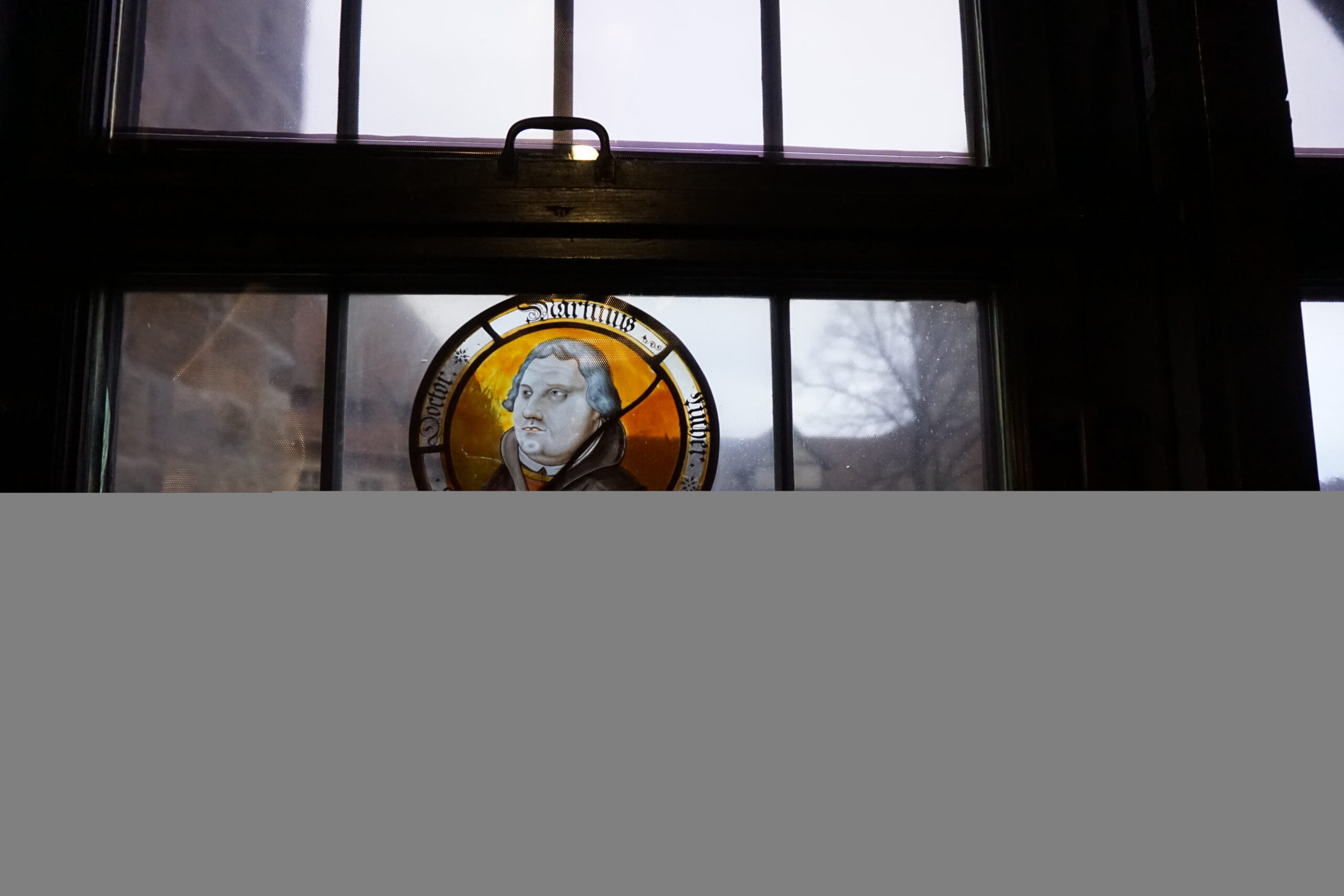⏱️ Estimated Reading Time: 6 min read
I have heard mature Protestant believers say that the Reformation was a tragedy. Certain aspects and outcomes were indeed tragic. Yet, how quick are we to discard the joy and truth, which also accompanied those decades of change! The Lord commanded the Israelites to celebrate the Passover Feast every year (Exodus 12:17), although their Exodus led to many years of wandering and rebellion. When the Lord works mightily among his children, we are called to celebrate it. Undoubtedly, human sin and flesh will taint the holy actions of our Lord; but may we never cease to commemorate His goodness and acts of deliverance.
Because perversions of the Reformation exist in Evangelical circles, we must start by looking at the bad reasons for celebrating reform. As Christians born into God’s grace, we cannot cherish these thoughts or their derivatives:
– It was necessary and good for the Church to split. Indeed, this was perhaps the greatest tragedy of the Reformation. Where God demanded unity and harmony, the Body was ripped in two. Later centuries saw the development of further divisions, what we mildly call “denominations,” within the Church. Even Martin Luther did not act upon a desire to split from the Catholic Church; he wanted reform within the Church. In Ephesians 4:3-6, Paul implores the believers to be “eager to maintain the unity of the Spirit in the bond of peace. There is one body and one Spirit—just as you were called to the one hope that belongs to your call— one Lord, one faith, one baptism, one God and Father of all, who is over all and through all and in all.” Thus, we must be careful that our celebration never looks favorably upon the disunity of Christ’s Church.
– The Reformers deserve our praise and honor. Luther, Melanchthon, Zwingli, Calvin—they were all sinful, fallen humans. Yes, God redeemed their lives and used them as instruments for His own glory. But the men themselves do not require our praise, nor would they desire it. The final Sola rings clearly: “Soli Deo Gloria,” which means “Glory to God Alone.” As we celebrate the Reformation, may we remember these Christian heroes’ faithfulness and ascribe all the goodness of their labor to the only Holy One.
– As children of the Reformation, we are superior to others. Paul condemns feelings of superiority in Colossians 3:11: “Here there is not Greek and Jew, circumcised and uncircumcised, barbarian, Scythian, slave, free, but Christ is all, and in all.” Could we not add “modern Reformed and medieval Catholic?” Dare we think that we are better than the monks of old, the crusading knights, all past and present Catholics? Without a doubt, some were saved, and some were not. But because we cannot judge others’ salvation, we must see ourselves equally in need of Christ’s grace as were they. May our only boast be in Christ.
In short, we must recognize the celebrity of our celebration. If our focus is on human endeavors and identities, we have a skewed vision of the Reformation. Instead, our celebration should revolve around God and what He accomplished during the Reformation Era. Here are a few reasons worthy of thought as we consider celebrating Reformation Day:
– While the world celebrates Halloween, we can offer a witness of light and life. What a joy that God uses ordinary people to accomplish His purposes! His Spirit still convicts and teaches. He does not leave his people to their own devices. While we tend to reduce human action to a simple trick or a treat, He enables Christians to perform actions of eternal consequence. Reformation Day is a wonderful opportunity to celebrate this fact—that, throughout history, Christ has not left His people to the darkness but has filled them with His light and truth. On the day that the world looks to be spooked, let us sing the Psalm 112:4, “Light dawns in the darkness for the upright; He is gracious, merciful, and righteous.”
– The Reformation initiated a much-needed return to biblical doctrine. As the Reformers shifted their focus from the tradition of papal authority to scriptural authority, new (well, actually ancient) doctrines took hold among them. These ideas can be summed up by five Latin phrases: Sola Scriptura, Solus Christus, Sola gratia, Sola Fide, and Soli Deo Gloria. These “Solas” called believers back to the good news of the Bible—that Christ alone can save those who, through grace alone, believe; and all glory is due to God alone. With the return of these core doctrines, Christians were drawn to cast themselves on the vast mercies of Christ, rather than the church leaders, and to recognize Him as the mediator of their salvation (1 Timothy 2:5). Praise the Lord that today we are not shackled to the lie that purification from sins can be bought, earned, or given by man!
– God’s Word is now circulated in the common man’s language. If I had no other reason for celebrating the Reformation, this would be reason enough for me. Because of Luther’s and other Reformers’ efforts to translate the Bible and because of the providential invention of the printing press, we now can read God’s Word as individuals and families. This was not possible throughout most of the Middle Ages. The Words of Life, which were once only accessible to the preachers and scholars, can now be present in our daily studies, prayers, and meditations. Truth, conviction, comfort, peace, encouragement, joy, wisdom—the Lord communicates all of these through His written scriptures to His children. And ultimately, as Paul says in Romans 15:4, the Bible grants hope.
The light, truth, and hope spread because God’s work through the Reformers calls for remembering and rejoicing. Reformation Day is one of many days throughout our calendar year that stands as a testament to our loving Father’s merciful works. How can we celebrate it rightly? One of the beauties of celebration is that there is no defined method or set of rules. For my family, our celebration will include a feast, likely, a candle-lit German meal, fixed between prayers and hymns. We will tell the stories of those times of reform or find the roots of the five Solas in our own English Bibles. For children or adults who want to dress up (I still find it fun!), consider medieval characters or heroes of our faith—anyone who inspires thoughts of the good, true, and beautiful.
However you may choose to celebrate the Reformation, be reminded of the Lord’s goodness and grace throughout history. And be encouraged by the words of Luther’s famous hymn:
And though this world, with devils filled, should threaten to undo us,
We will not fear, for God hath willed His truth to triumph through us.




